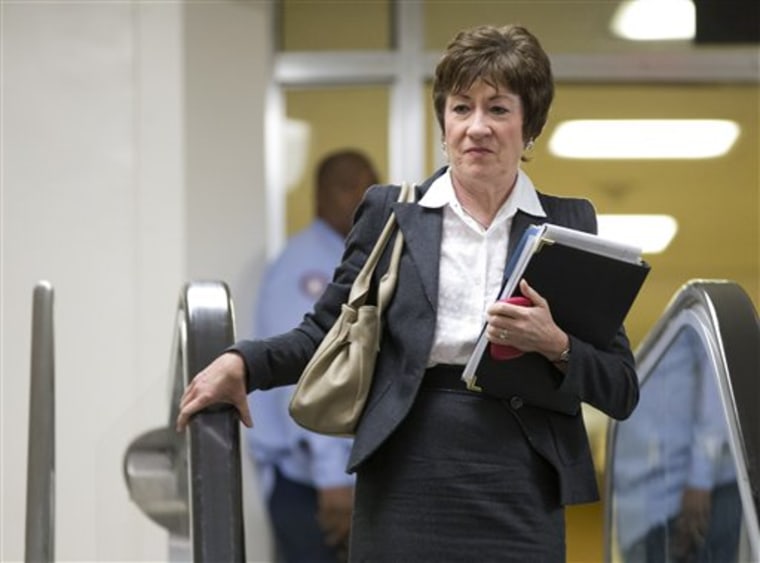Louisiana passed a law in 2014 that requires doctors who perform abortions to have admitting privileges at a hospital within 30 miles of their practice. The law was effectively identical to a Texas law that the Supreme Court had already struck down, so when the issue recently reached the high court again, reproductive rights advocates hoped the justices would block enforcement of the Louisiana law while the case was considered on the merits.
The Supreme Court did exactly that last week, but not without some effort: five justices voted to block enforcement of the Louisiana policy, but four voted the other way.
Those four justices were aware of the recent precedent; they knew the state's policy did nothing to protect women; and they recognized the undue burdens the law would place on patients in Louisiana. But in June Medical Services v. Gee, the Supreme Court's four most conservative members voted to allow the Louisiana law to go into effect anyway.
As Slate's Mark Joseph Stern explained, one justice in particular appeared eager to lead the charge.
The Louisiana statute is a direct violation of the Supreme Court's 2016 ruling in Whole Woman's Health v. Hellerstedt, and until the court overturns that decision, the Louisiana law cannot take effect. To [Chief Justice John] Roberts, this precedent matters.To Justice Brett Kavanaugh, it does not. Kavanaugh so disagreed with the majority that he wrote a dissent explaining why the Louisiana law should be allowed to move forward -- an opinion that should not be taken as anything less than a declaration of war on Roe v. Wade.
For many of Kavanaugh's critics, this didn't come as too big of a surprise. But it did raise a related question:
Didn't Sen. Susan Collins (R-Maine) put her reputation on the line, assuring the public that Kavanaugh wouldn't do this?
Actually, yes, she did. The Maine Republican, who is one of the few remaining pro-choice GOP lawmakers remaining on Capitol Hill, announced before Kavanaugh was even chosen for the high court that she "would not support a nominee who demonstrated hostility to Roe v. Wade."
Collins nevertheless helped confirm Kavanaugh, confident in her assertions that Donald Trump's choice for the high court saw abortion rights as "settled as a precedent of the court" and "settled law."
Maine's senior senator will likely seek a fourth term next year. The likelihood of Democrats making Kavanaugh and his approach to reproductive rights an important campaign issue is roughly 100%.
